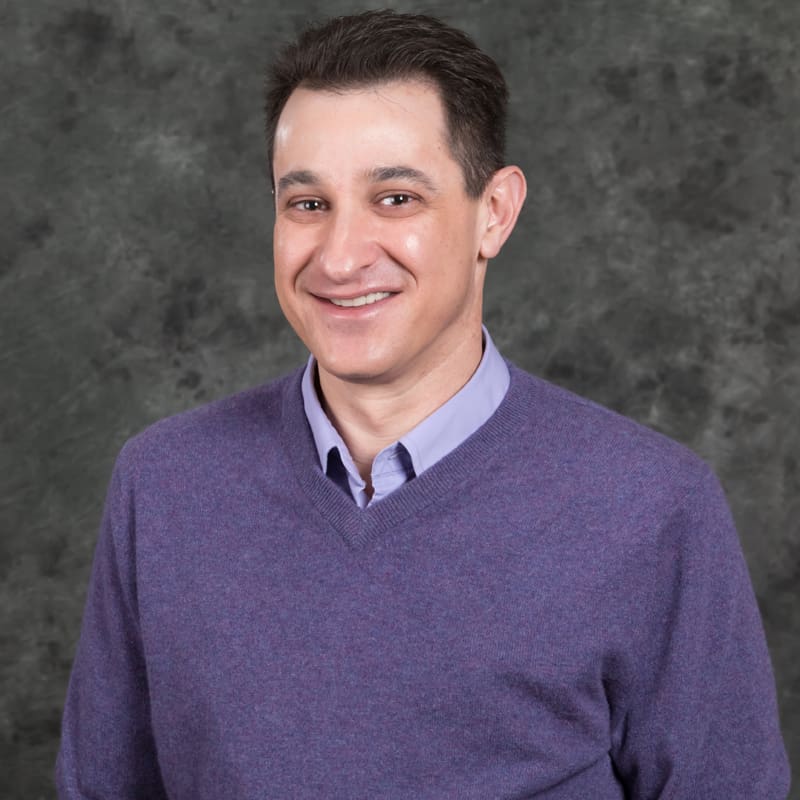


This legislative session, lawmakers have a choice. They can approve Gov. Butch Otter’s government-run health-care expansion idea for low-income people; the price tag includes hiring more government employees and interference with the doctor-patient relationship. Alternatively -- without the costly expansion and interference -- legislators can truly help low-income people get needed health-care services, as well as break their cycle of poverty.
Here’s how the alternative to Ottercare would work: Low-income Idahoans with chronic health-care problems would be allowed to deposit money in a special savings account, with all of the money restricted for preventative health services. Each dollar deposited would be matched by a local non-profit, sometimes as much as 10-to-1. The state of Idaho would also contribute to the savings account, perhaps up to $300 a year. By the end of a year, a participant could amass a significant amount in his or her account, from which money could be drawn for medical services and prescription drugs.
The account would be managed by the non-profit, and the participant would have to follow the organization’s strict rules in order to draw money out, receive matching funds and remain enrolled. If a participant is booted from the program, she would would lose all matching funds, but she would walk away with the money she personally had deposited.
This special savings program already exists. Created by a 2002 state law, it’s called an Individual Development Account (IDA).
Individual Development Accounts have been used throughout the country to help low-income people save money and to break the cycle of poverty. Under existing Idaho law, IDAs can be used to save for college or homeownership, or to start a business. Other states allow savers to buy vehicles or save for retirement.
IDAs work because low-income people are able to accumulate money they otherwise don’t, or wouldn’t, have toward big savings goals, which will help provide them with a better life. Further, with the assistance of a charitable organization, they learn the importance of long-term financial management. Expanding the Idaho program to include health care would help people with limited means become more likely to afford and seek medical care.
Otter’s newest Ottercare plan depends on bureaucratic growth and subjecting doctor-patient relationships to state and local government interference. On the other hand, IDA charities work with participants one-on-one. This personal aspect allows a charity to take a holistic view and help clients determine what medical services best meet their needs and assist clients with financial objectives.
Since the war on poverty began in 1965, new and increasingly costly, invasive government programs have been created with the stated purpose of helping poor people. Each new government program and program expansion has been a failure, missing the mark, diverting resources from people in need and further victimizing the people who are in search of aid.
Individual Development Accounts have been a bright spot in the effort to help people of limited means, so much so that these savings programs have been embraced by both liberals and conservatives. Idaho lawmakers have an opportunity to help low-income people get preventative health care services, as well as break the cycle of poverty. To accomplish this end, they should forgo the creation of yet another government-run health care program; instead, they should expand the use of Individual Development Accounts.


